Santiago native Rodolfo Guzman studied with culinary masters in Spain before returning to Chile. In 2007, he opened Boragó, a progressive restaurant that sources endemic ingredients from as far away as Easter Island to create new dishes constantly. On November 15, Chef Guzman was in Los Angeles to promote Chilean cuisine. He prepared a multi-course meal with John Rivera Sedlar, and afterwards, provided insights into his approach.
Josh Lurie: Did you always plan to be a chef, or did you consider other careers?
Rodolfo Guzman: I never thought that I would be a cook. I got involved by mistake, maybe, and thought that I loved it. I had a great, great time, always, in the kitchen. The first time I went to Europe to work, everything changed. I got very involved with cuisine and I thought that it was the thing I wanted to do for life.
JL: What was your very first night like working in a restaurant? Where was that, and what do you remember?
RG: It was a restaurant in Chile and I was real disappointed. I don’t want to say the name. I was really disappointed, because I thought it was a great chef, and I didn’t have a good experience there.
Right after that, I went to Europe and I saw something totally different, 180-degrees different.
JL: There was a time you weren’t cooking?
RG: Not at all. I’ve been cooking all my life. I’ve always loved to cook since I was two, even for my friends, or cooking with my brothers when I was a kid.
JL: Where did you cook in Europe?
RG: I worked in three places: Balzac and Superfundo, both in Madrid, and Mugaritz in the Basque country, and came back to Chile and worked in many positions at restaurants.
JL: Very well known restaurants. Would you say you’ve had any mentors?
RG: More than mentors. My real mentors today, well, you know, everyone has influence. I worked with Antoni [Luis Aduriz]. Antoni’s probably the most influential chef in the world. Michel Bras as well. They’re both the guys, but I would say my mentor right now is our authentic people. I’m cooking more for my identity than anything. We’re trying to take everything, put it away, and cook for our own land. We’ve been doing this since Day 1. Now it’s something very different. Borago is a very different restaurant. It’s not better. It’s not worse. It’s just different. It reflects Chile.
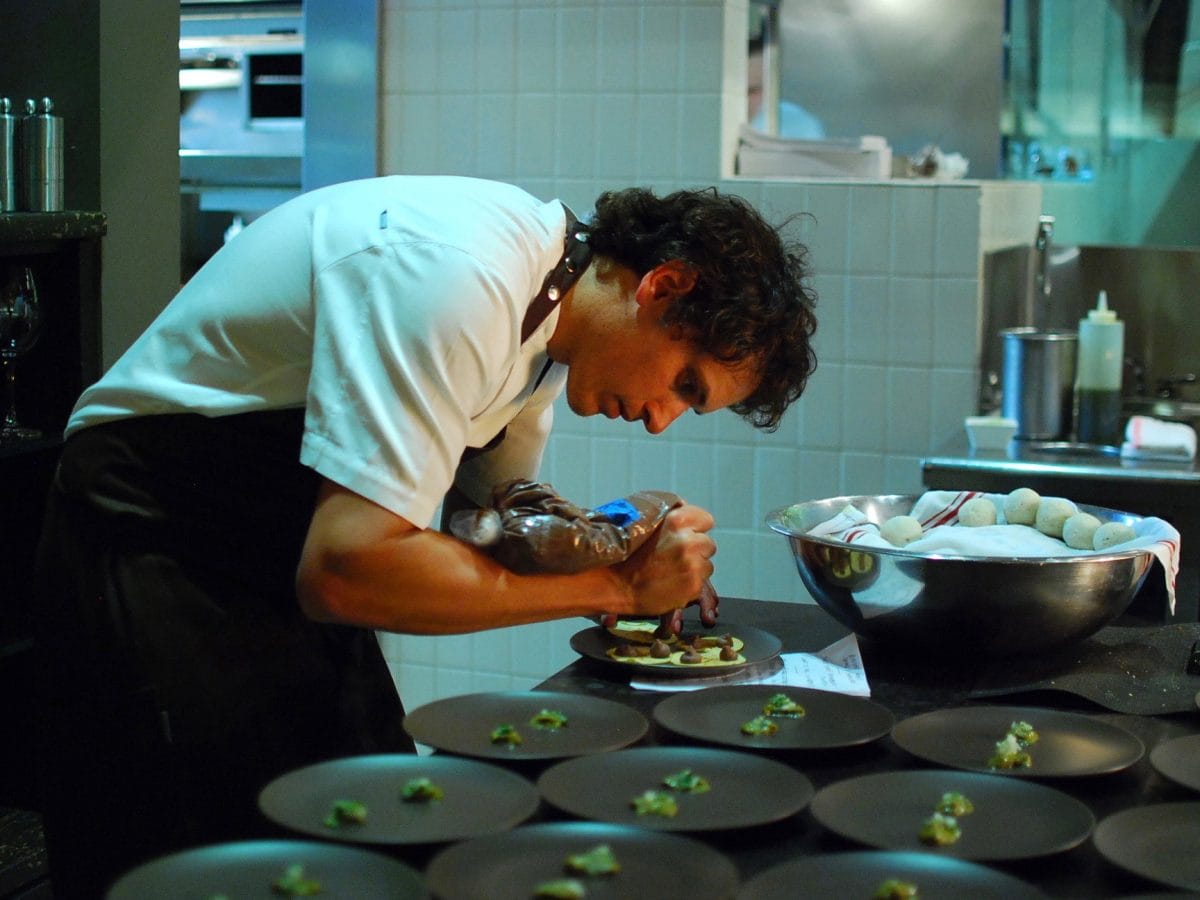
JL: What does a dish have to be for you to serve it at your restaurant?
RG: It has to show our environment in some way. Most of the land in Chile is wild and virgin, and it’s endemic too. So to be at Borago, it has to be that. It has to have identity and be something that is unique on earth. It doesn’t matter if it’s grown at 3000 meters or in the forest. We understand the environment as something alive in the same way that we are. That’s why we take out of the soil what the environment says it wants to give us at the time. Our cuisine is connected with what’s happening right now in Chile.
JL: Tell me about the most recent dish you created for Borago.
RG: A parasite dish. It’s endemic parasites coming from trees. There are a lot of prejudices when you say, “Parasites.” They say, “I’m not going to eat that.” It’s just amazing.
JL: It’s a bug?
RG: No, it’s like a fruit. Well, it’s a vegetable parasite.
JL: A mushroom or a fungus?
RG: No, no, it’s not a fungus. It’s a plant, almost like a fruit that’s melty. It’s sticky, it’s weird. It’s something that you don’t have in your mind. We take it out of the place where it grows, the reservation of Chacabuco. It’s up at 1500 meters, and the goats are going there and they eat ‘em. So we found the milk of the goats. We take the milk of those goats and we do an ice cream, and parasites.
[Guzman shows me a photo]
JL: So they’re like little beads, almost?
RG: Every bite has different flavor. It’s just amazing. You’ve got to try it. That’s the most new dish because it’s something that grows only one month of the year. So you’ve got to be quick, otherwise the birds will come out and eat ‘em.
JL: What month are they available?
RG: Right now. Spring.
The next dish that we’re working on, last month I went to Easter Island. A native told me that I had to have this experience, so he took a fish out of the water – a rockfish – called pici. It’s amazing. It’s very tasty. He took the fish out of the water and he told me, “You look at the fish.” He got his fingers into the liver, took it out, the fish is still alive, he put it in my mouth and told me to watch the fish. And it’s still alive. I had it, it was hot, and it was amazing. The taste was fantastic. In some ways this reminds us where we are and where we come from, and what we are, really. We’re human beings. The lion eats the cat, and we eat the cat, as long as we do it with respect. That’s the next dish. We’re working to have the diners have the same experience that we had.
JL: Are you going to use that fish at Borago?
RG: Yes, the same fish, alive.
JL: That’s intense.
RG: Yes, it’s very intense, but it’s delicious.
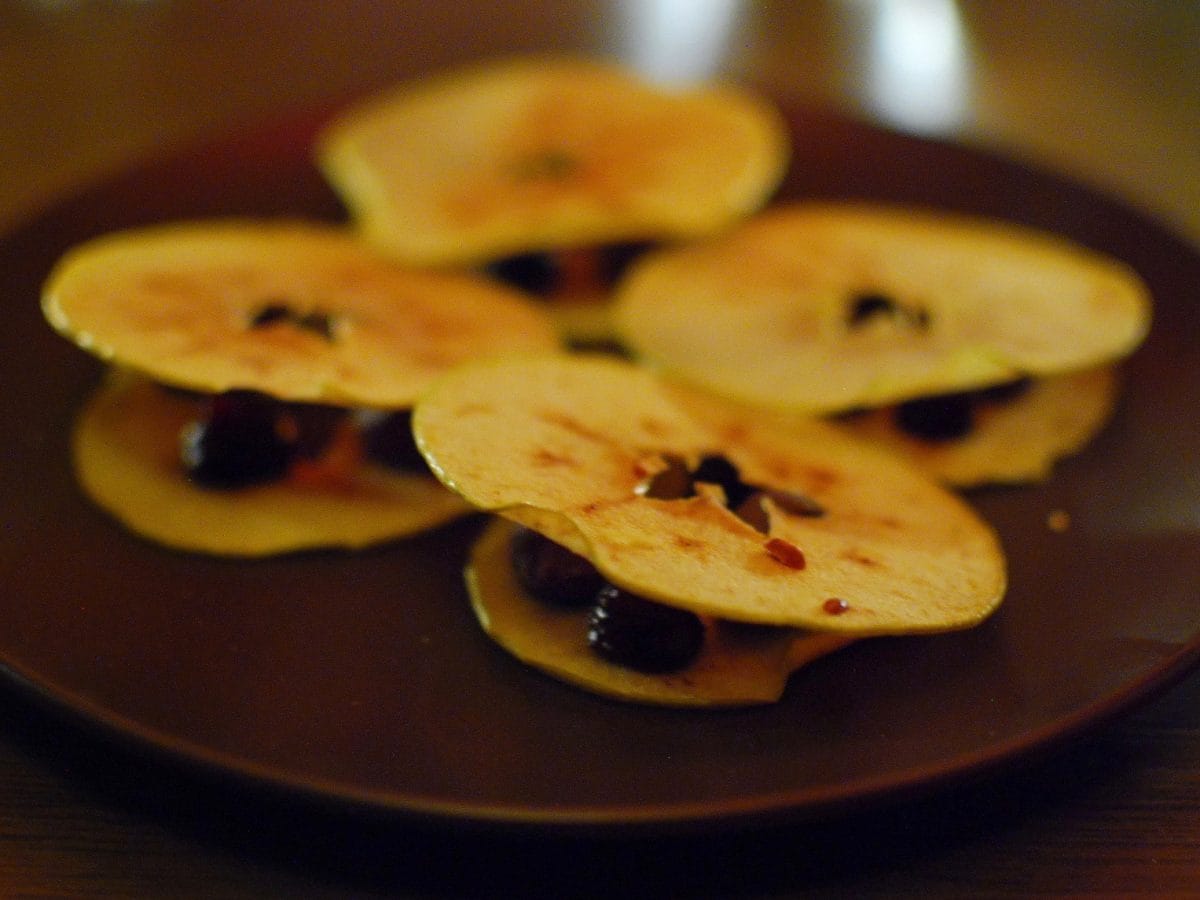
JL: What is your favorite part about being a chef?
To share with many people coming from different countries, my restaurant. To have so many people in the kitchen, it’s wonderful. It’s a gift.
What’s the biggest challenge in running a restaurant?
To get people to know Borago. Borago is not a business. It’s a gastronomy restaurant. I think we’re 30 people in the kitchen for 55 seats, 60 seats, no more. Since March of 2011 to December of 2011, we did 725 dishes. It changes almost every day because our cuisine is connected to our environment. It’s not like other kitchens. It’s not based on technique. It’s just based on something you grab from the ground and put in a dish. So it’s very spontaneous.
That’s sounds amazing.
It’s wild, it’s endemic, and if you want it, it’s avant garde. It’s a look back in time and look toward the future.
How do you feel about signature dishes, dishes that don’t leave a menu and a restaurant becomes known for?

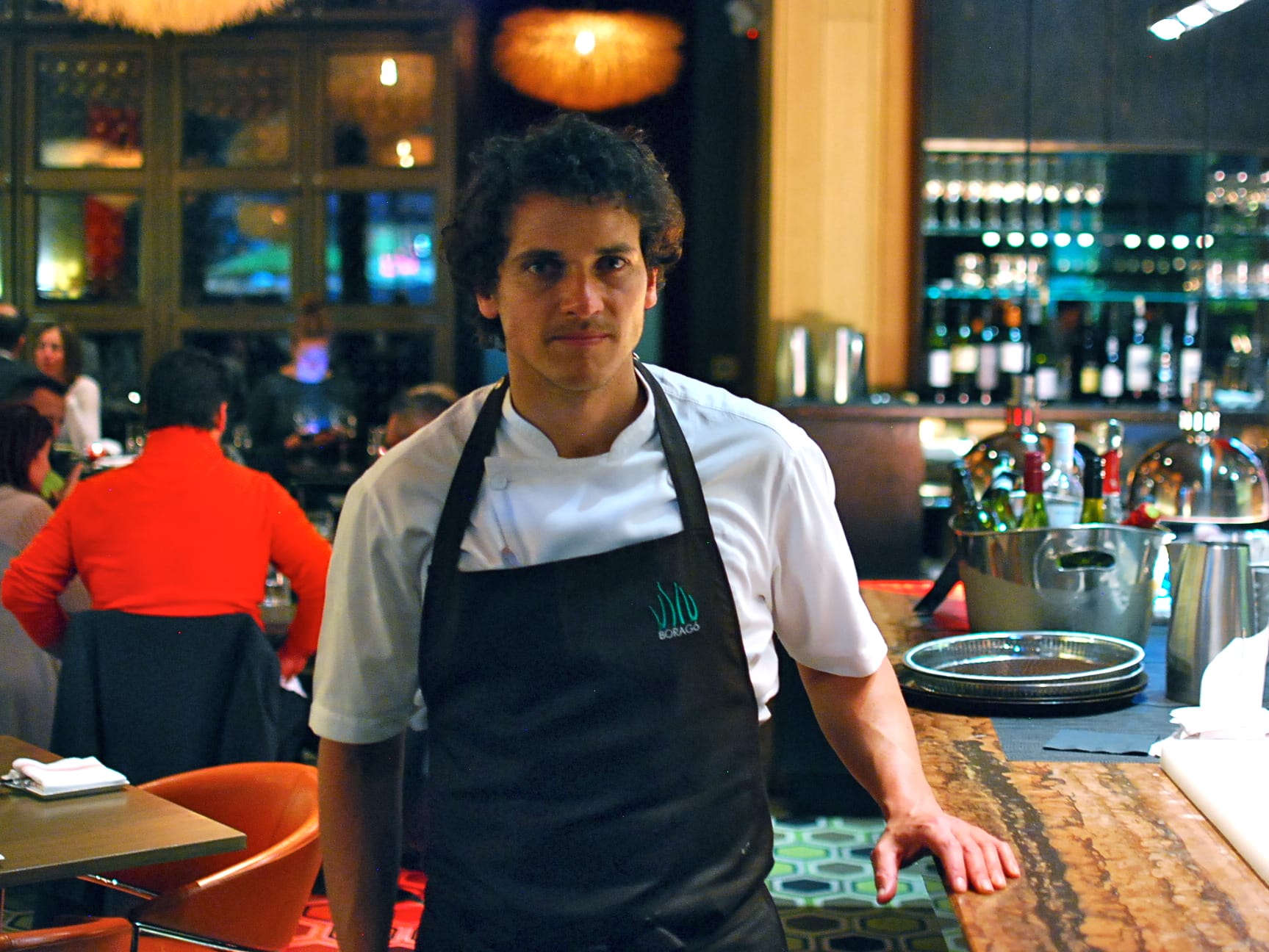
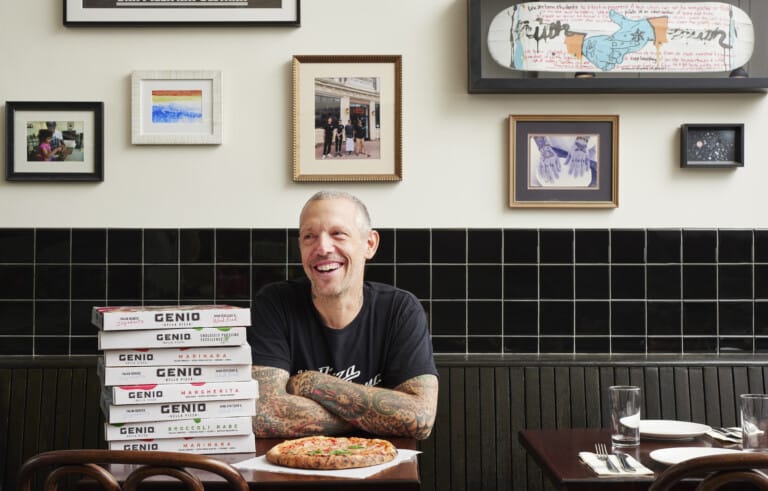
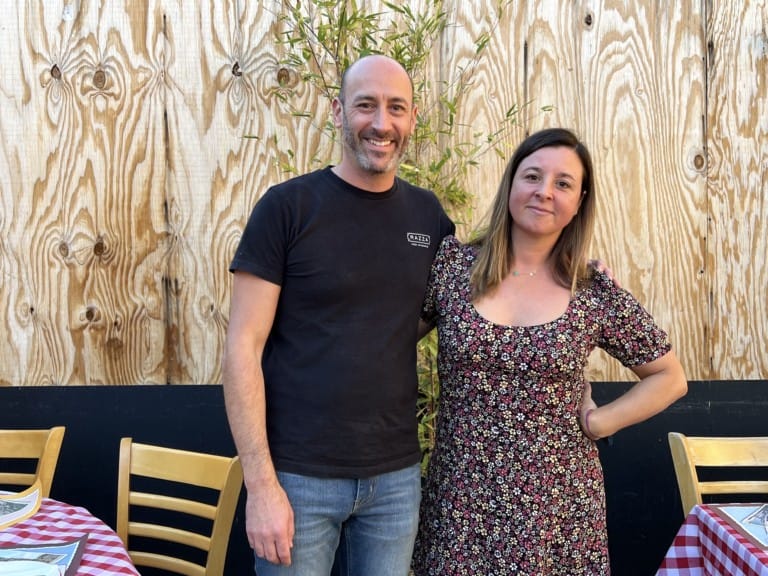
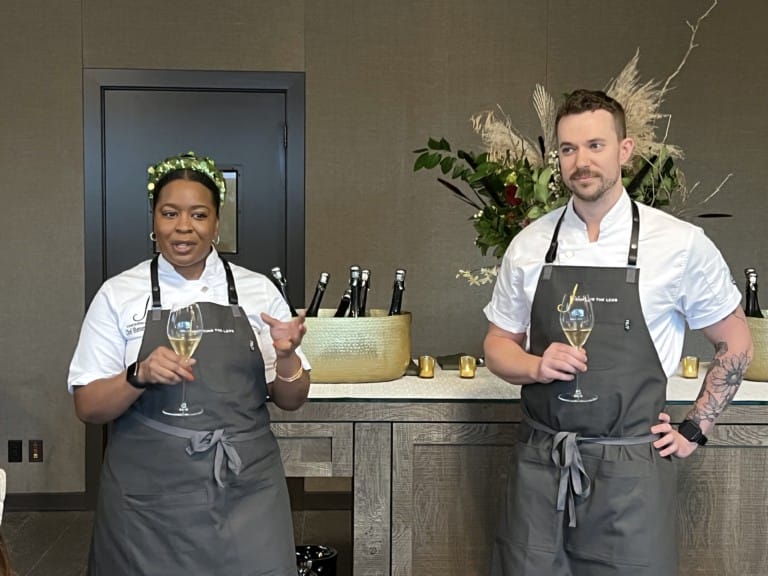




Blog Comments
Jurassic food.... al "final del mundo" | In forma con la Paleocucina
May 2, 2013 at 5:00 AM
[…] Intervistato da Joshua Lurie per Food GPS, nel novembre scorso, lo chef ha raccontato: “Per il prossimo piatto a cui stiamo lavorando, un mese fa sono andato all’Isola di Pasqua. Un indigeno mi ha detto che dovevo fare questa esperienza, così ha preso un pesce fuori dall’acqua – uno scorfano – chiamato pici. E’ incredibile. E’ molto gustoso. Ha preso il pesce fuori dall’acqua e mi ha detto: “Guarda il pesce.” Ha messo le sue dita nel fegato, l’ha tirato fuori e il pesce era ancora vivo, ha messo il fegato nella mia bocca e mi ha detto di guardare il pesce. Era ancora vivo. L’ho mangiato, era caldo, ed è stato incredibile. Il gusto era fantastico. In qualche modo questo ci ricorda dove siamo e da dove veniamo, e ciò che siamo per davvero. Siamo esseri umani. Fino a quando lo facciamo con rispetto, possiamo nutrirci di esseri viventi. Questo è il prossimo piatto. Stiamo lavorando perche’ i clienti possano vivere la stessa esperienza che abbiamo avuto noi”. […]